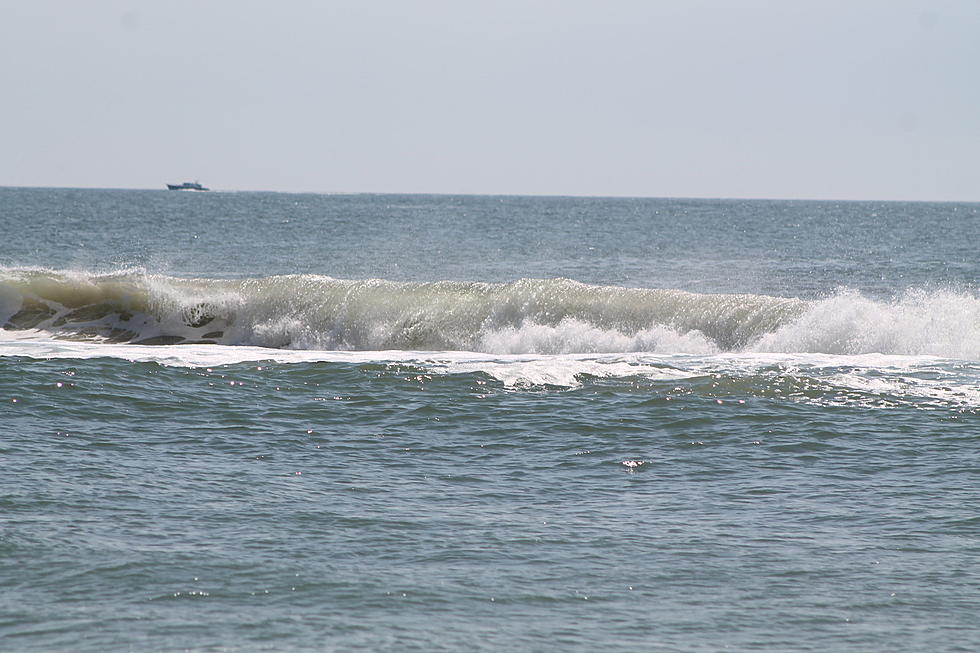![Rip Current App Designed to Share Info, Save Lives [AUDIO]](http://townsquare.media/site/398/files/2012/06/Rip-current.jpg?w=980&q=75)
Rip Current App Designed to Share Info, Save Lives [AUDIO]
The “ocean’s deadliest trick,” or rip currents, caused tens of thousands of rescues nationwide last year. They have proved deadly on many occasions, and their threat becomes a more pressing concern as the temperatures spike and people head to the shore. Still, researchers’ understanding of rip currents is somewhat limited. In an attempt to change that, the New Jersey Sea Grant Consortium created a plan utilizing mobile device technology.
Developed by Stevens Institute of Technologyseniors, a smartphone application available this summer allows lifeguards to identify and catalogue rip current occurrences on their own beaches, and share that information in real time with researchers and other guards along Jersey’s coast.
Developed at the request of NJSGC’s Coastal Processes Specialist Dr. Jon Miller, the app’s strength relies on how many beach communities use it.
“We’ve had a good amount of interest so far,” Miller said.
Using the app, a lifeguard would identify a rip current when one occurs. Some basic information would be recorded by the lifeguard, such as rip current size and strength. The app would use the smartphone’s GPS to pinpoint the location.
“The app records all of this and tabulates it into a database,” Miller explained. “You can also look on a map and see where the rip currents have occurred in the last 24 hours.”
Miller said the system gives researchers a way to track rip currents and their frequency, and perhaps decide if some areas are more prone to rip currents than others.
The National Weather Services plans to use the collected information to evaluate its own forecasts and refine its understanding of the natural phenomena.
Once a rip current is entered into the app, the information can be seen by other lifeguards who use the system.
“If a lifeguard reports a rip current in Spring Lake, the lifeguards in Belmar know that there are rip currents occurring,” explained Miller.
Miller said anything that can help lifeguards communicate, while improving rip current predictions, is going to save lives.
Right now, the app is strictly for lifeguards and researchers. Miller said discussions are taking place about an application for the general beachgoer, one that would provide residents with weather conditions at the beaches, as well as water temperatures, UV Index and rip current advisories.
Spring Lake began using the application before Memorial Day. Miller said other communities will begin using the app once their full lifeguard staffs are on duty.
Any shore towns interested in the app can contact Dr. Miller at JMiller@Stevens.edu.
More From SoJO 104.9 FM


![Cape May Lifeguards Form a “Human Chain” to Rescue Man From Rip Current [VIDEO]](http://townsquare.media/site/396/files/2017/08/20841724_10155477177660729_1514563751538747955_n.jpg?w=980&q=75)
![Coast Guard Call-Off Search for Missing Swimmer at the Jersey Shore [VIDEO]](http://townsquare.media/site/396/files/2017/07/Screen-Shot-2017-07-31-at-6.32.00-AM.png?w=980&q=75)


